What Is An EV Charger? Here's How They Can Save You Thousands.
I know, I know. Everyone seems to be looking into EV chargers these days. It’s kinda obvious why though. Being able to charge your car from home, getting cheaper energy and of course seeing a return on investment from your purchase.
Well, it’s kinda seems stupid not to invest in an EV charger, right? Some will say yes but others they are not sure.
I think electric vehicles are quickly becoming the future because they come with so many benefits, not only to the planet but also for the vehicle owner.
This is exactly where EV chargers come in. Installing one of these at your home can make you improve your lifestyle in so many different ways. I will go into much more detail shortly.
For now, let’s get back to the basics. What exactly is an EV charger, and what are these benefits I am talking about?
Anyone who is ready to start looking at which home EV charger they want to buy, please have a look at my 4 personal favourites for 2022 here.
If you are ready to start getting a proposal for EV charger installation, please speak to one of my design engineers who specialise in the Zappi V2 charger here.
Right! Let’s find out what there is to know about this new and exciting trend…
Table Of Contents
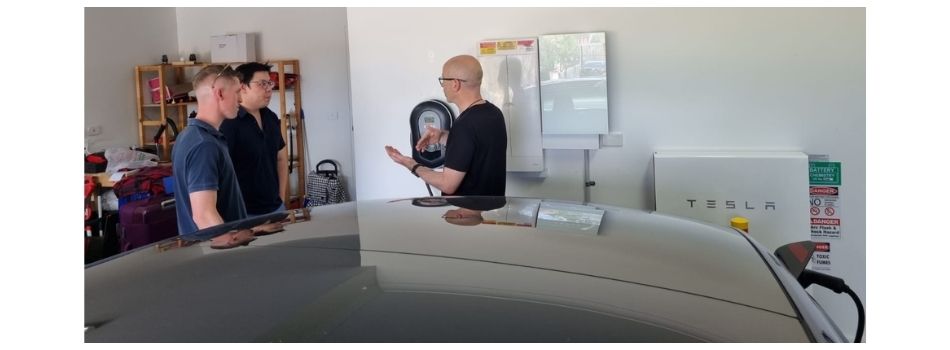
What Is An EV Charger?
Simply put, an EV charger is what you use to charge an electric vehicle. You can charge this from your home EV charger or an EV charging station in your local area.
An EV charger will plug into the EV socket of your car and begin to charge your vehicle using energy from either your grid or from your home solar system.
Now, I know it sounds pretty simple but there is a little bit more to it. There are actually different types of EV chargers you can buy which will result in quicker charging speeds.
Type 1 EV charger
This is the most basic EV charger and can be plugged into the mains of your house and begin to use your home energy to charge your vehicle. If you have a solar system you won’t have control over how much of your solar energy gets used to power your car.
Type 1 EV chargers are the slowest out of all of the different types. They are usually very affordable and may come free with some vehicles. Overall, they will produce a very slow charge for your vehicle.
Type 2 EV charger
The type 2 EV charger is probably the most common and effective charger. This is more of a wall box charger and requires installation. You may decide to install a home EV type 2 charger which will allow you to directly charge your car from the grid or your solar system. This uses AC electricity.
These EV chargers can boast up to 7kW charge or 22kW charge on three phase homes. This is considerably more energy than type 1 charger and can allow a much faster charge. Depending on the size of your battery a type 2 charging station can charge your car in 3-7 hours.
Type 3 EV charger
We will quickly brush over this, but it’s not super relevant to homeowners. Type 3 EV chargers are ground mounted EV stations where you can directly plug into the grid power. This is most commonly found in car parks or commercial charging stations and uses DC energy to charge.
DC energy requires more careful installation and safety precautions as its direct current is responsible for fires and electrical shocks. However, a type 3 charging station might suit a carpark in a big apartment block building.
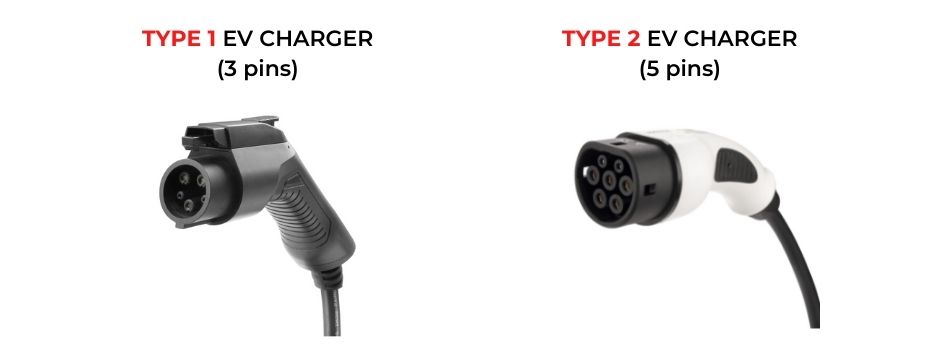
What Can You Charge With An EV Charger?
You should be able to charge any electric vehicle with any EV charger. Fortunately, the plug adapter is universal making it easy for all electric vehicles to use the same plug/charger.
I think it would be a pretty expensive mistake for vehicle manufacturing to create a new single use charger only for their model of cars. However, it’s definitely best to check on your vehicle’s website and make sure that it’s compatible with the standard type 1, type 2 & type 3 chargers.
The only difference between them all is the number of pins and the current that comes through. All EV chargers are pretty similar in terms of the cables and output.
To summarise, you will be able to charge any electrical vehicle from the EV chargers that we install. If you’re interested in knowing the best EV chargers in 2022, please read this guide.
How Much Energy Can You Charge?
The biggest difference between home EV chargers is the performance and power output. To quickly let you know, some EV chargers have awesome smart features that allow you to switch on charging mode once your energy is being exported to the grid.
This maximises your return on investment for solar and your self consumption without wasting any energy. Others will allow features like rapid charge or eco mode. This is found in the Zappi EV charger, which I find to be my personal favourite at the moment.
I’m not really going to go into detail regarding type 1 chargers because if it’s pulling from your house mains it’s obviously going to charge slowly and not really provide you much of a return.
However, type 2 chargers can range in sizes from 7kW optimal power output for single phase homes. This can run a minimum of around 3.5kW+ but I’ve seen other EV chargers like SMA solar EV charger drop as low as 1.3kW charge. This is kinda cool if you want to charge your car but also use energy elsewhere from your system.
On three phase systems you can charge up to 22kW on most chargers. The Zappi V2 hits the 22kw mark pretty easily, and so does the SMA solar EV charger.
With 22kW output, you can expect an average electric car to fully charge in around 2-4 hours. This is pretty good for a home charger to be honest, but bare in mind some cars might have a bigger battery.

You Can Install An EV Charger To Your Home
We’re now moving into a digital and renewable age where humans value convenience as a must. Therefore, it’s very common to install an EV charger to your home now. In the past 2 years we’ve seen an unheard of demand for EV chargers. Similar if not bigger than the solar boom back in 2013.
Anyway, I’d say 90% of electric vehicle owners are looking to install an EV charger to their home so you can have access to charging your car overnight or during the day. This comes with a huge amount of benefits, convenience and savings.
What’s even more impressive is the fact that you can now charge your car from your solar system. I cannot stress how amazing this is… You are literally powering your car with free energy.
It’s almost laughable at the savings you are generating from both solar, and now your car as it runs for free. Welcome to the future. Why are we paying for fuel anyway, when we can run cars for free 😆.
This popularity and increase in demand shows you the way that things are moving. The installation of your EV charger is quite simple but requires an EV installer to carry out. If you are connecting to your solar system this also requires the correct design.
Again, make sure you are choosing a qualified and experienced EV charger installer to ensure your home charger lasts a full lifespan without any issues down the line.
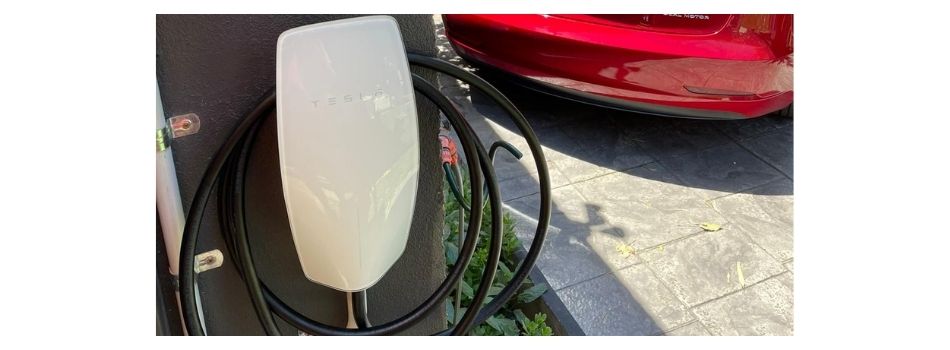
What Are The Benefits Of An EV Charger?
My favourite topic is talking about the benefits of EV chargers. There are actually more than you think but to be honest I will be here all day. Let’s just cover the main 3 I think are the biggest benefits to EV charging.
More affordable energy
Of course the biggest benefit is that it’s more affordable energy. The power that you use to charge your car will either be from your solar system and cost you absolutely nothing, or from the grid.
Most of the time you will find this energy is actually cheaper than the commercial charging stations roadside. You will also have access to real time data and energy usage from your EV charger to compare.
Convenience (Charge your car from home)
Obviously this is a big one, especially coming into the future. Being able to charge your car from home is massive. This makes our lives so much easier and even gives you access to be able to charge your car overnight.
That’s right, EV chargers can make your life 10x easier and means no more trips to the fuel station, no more queues and you won’t have the stress of pre planning trips as much.
Return on investment
I’ve saved the best until last. EV chargers are massive for return on investments. When you install a home charger, you are guaranteed to get back this return in savings. These can be savings from the cost difference in energy compared to commercial EV stations, but also if you are using a solar system.
Not only will you see a return on investment from using free solar energy, but also your EV charger will increase the ROI from your solar system. This means you will be getting bigger savings from your solar panels and maximising your energy output.
One area you can consider is how much to spend on your new car. If you work out how much to spend, and how much (on average) you are going to be saving on fuel you can find the return on investment for this vehicle.
Sounds like a win win to me, right?
Conclusion
So, let’s come back to the question. What is an EV charger?
I suppose it’s safe to say an EV charger is a home energy solution that can help provide you with a savings on the cost of your energy to charge your car.
Not only that, but an EV charger can give you the convenience to charge your car from home and overnight making your lifestyle easier, without having to plan trips as much.
Finally, an EV charger is an awesome energy solution that provides a fast return on investment for homeowners. This investment will continue making the homeowner profit for as long as they have the charger and electric vehicle.
I guess that was an easier and less technical way to explain what an EV charger is 😆
Do you have an EV charger? Or are you interested in an EV charger? Share your thoughts with us below in the comments.
Share With Your Friends!
Written By:
Luke Cove
Managing Director
Lightning Solar & Electrical
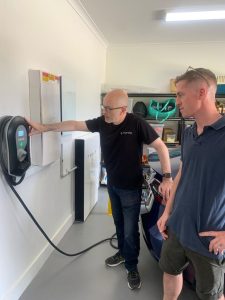




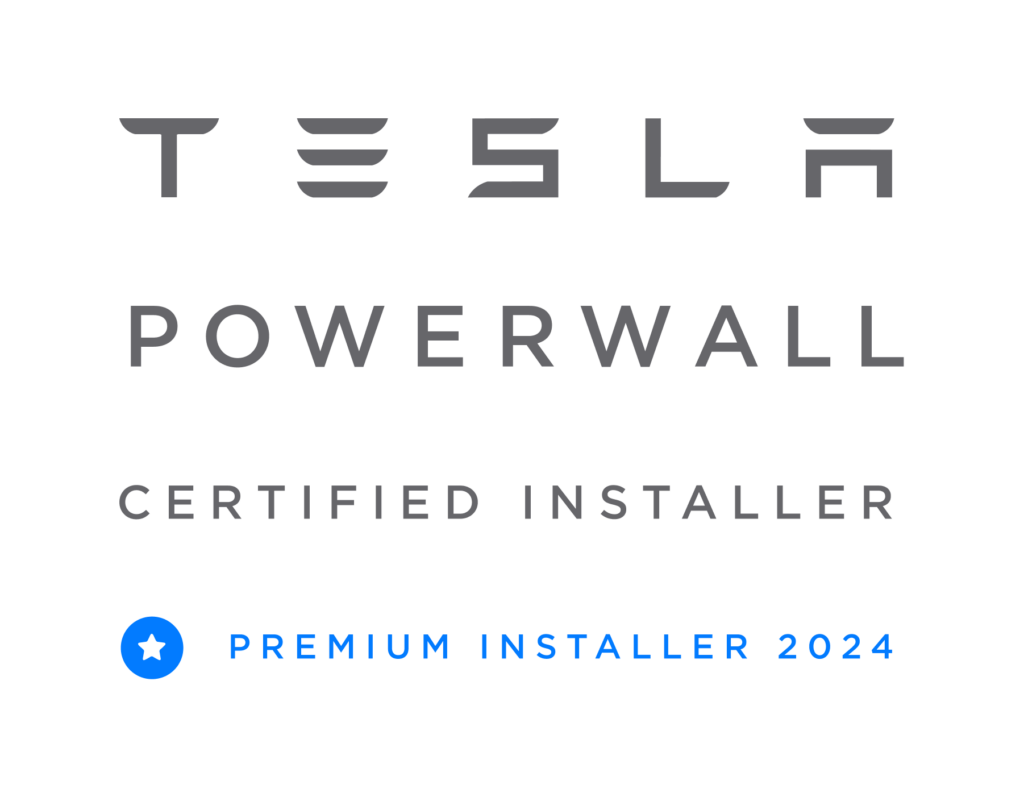
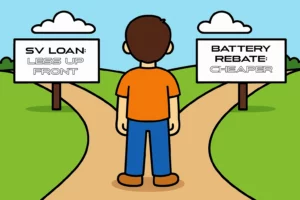
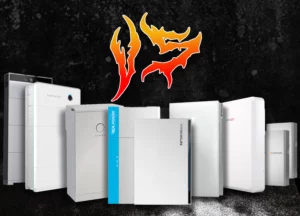
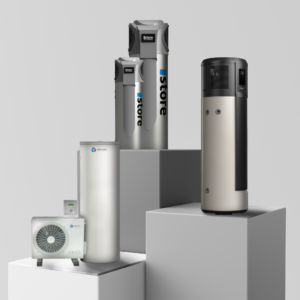
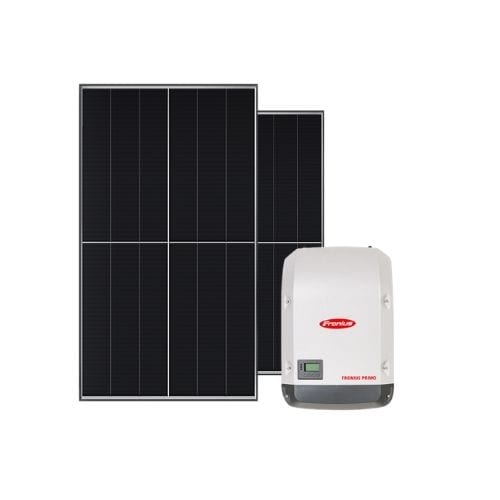
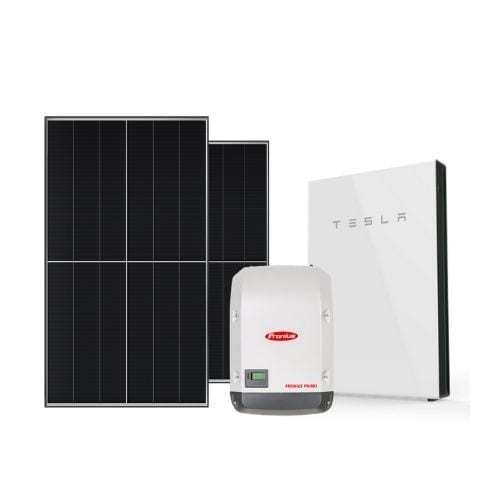
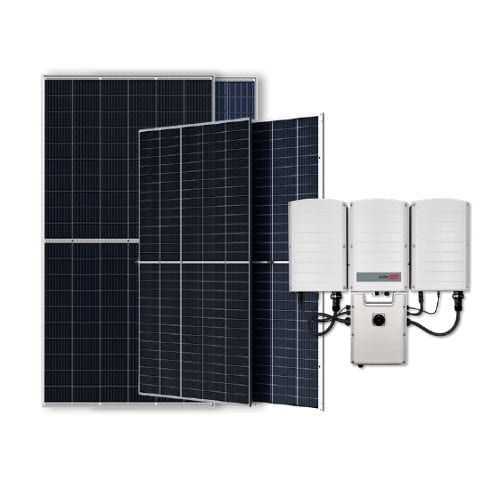
1 thought on “What Is An EV Charger?”
Hello Luke. Are ev chargers available that are 2 way? By that i mean can we plug in the ev and use the stored energy in its battery to power our home in the evenings? I’ve heard of these and would only be interested installing a home charger if this was possible
Kind regards.